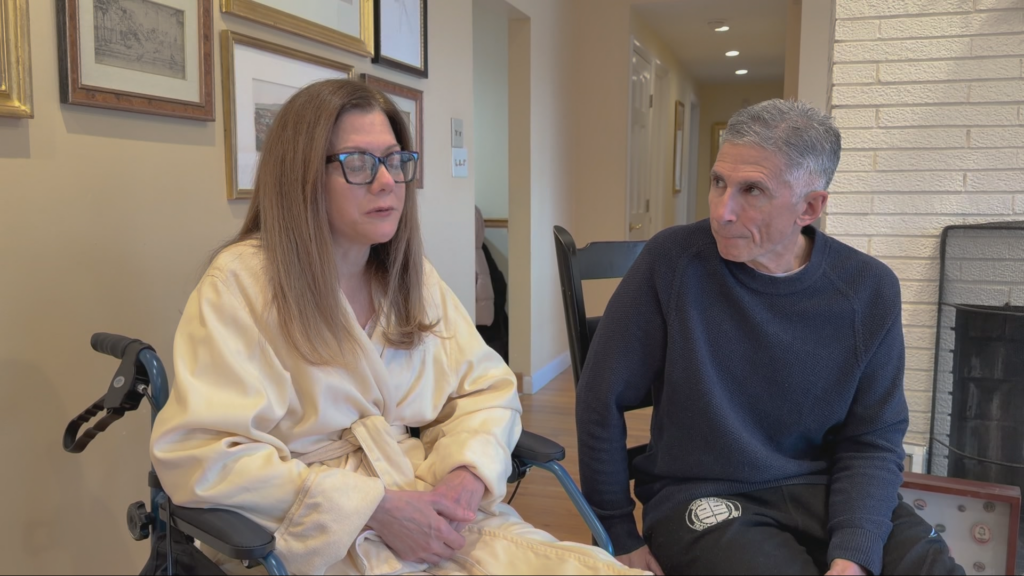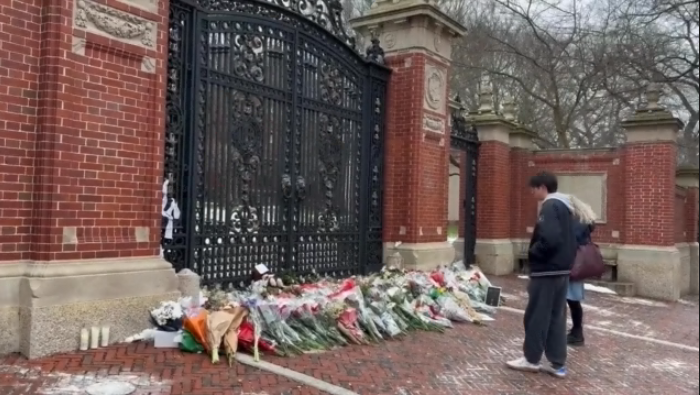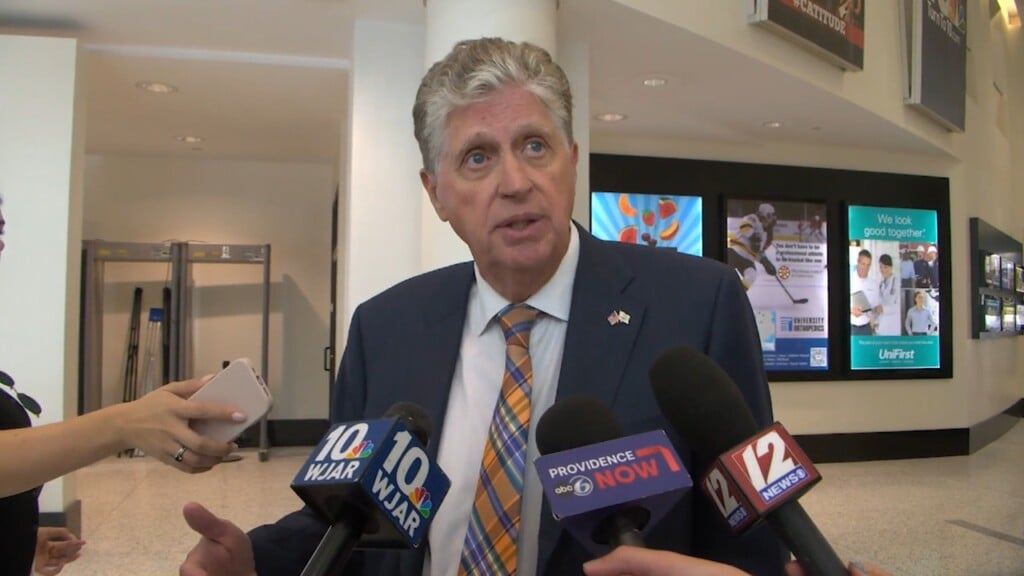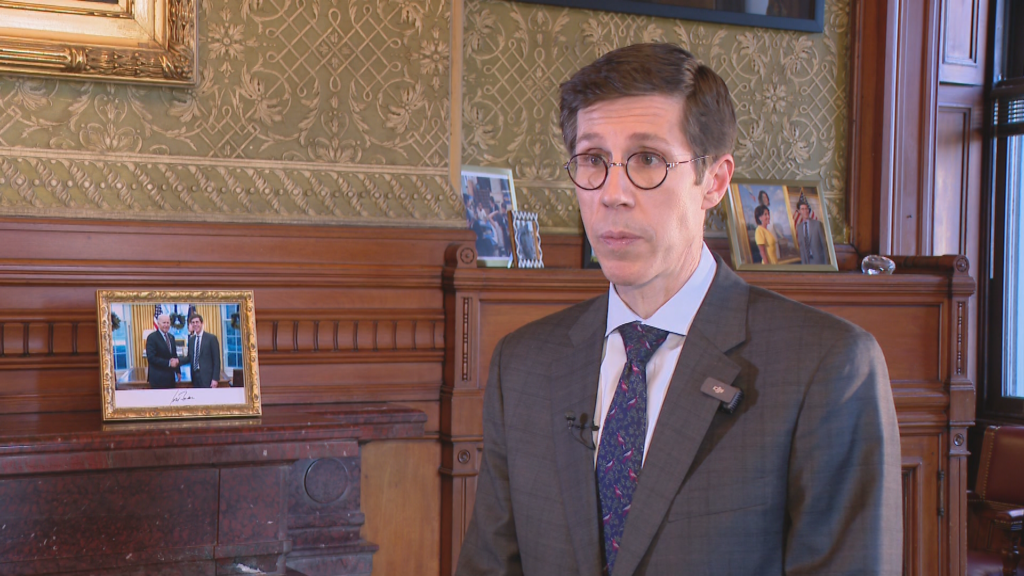Rhode Island Foundation recommended spending of $1.1-billion American Rescue Funds
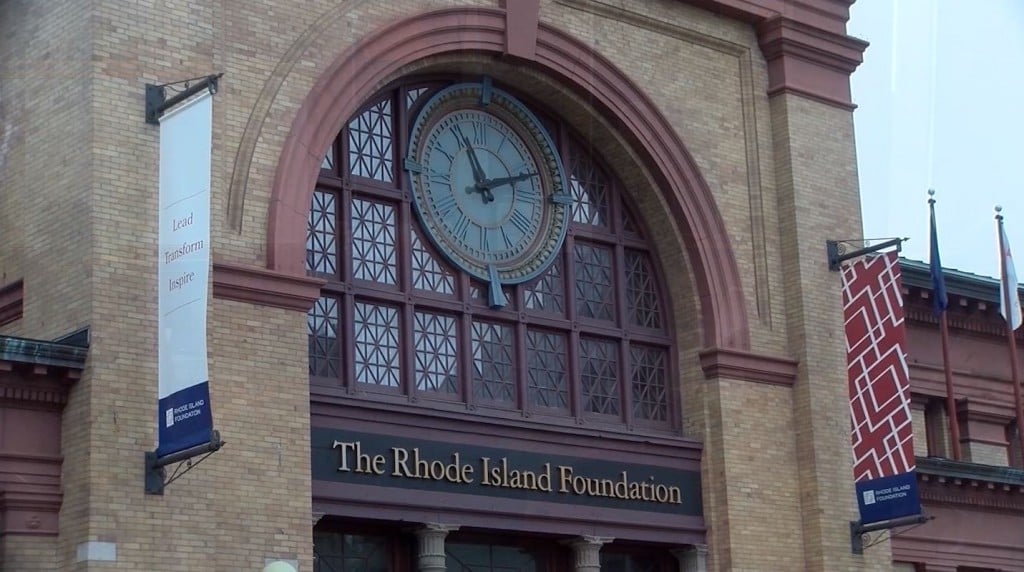
PROVIDENCE, R.I. (WLNE) – The Rhode Island Foundation released its recommendations for spending of the $1.1-billion in the American Rescue Plan Act. The recommendations will go to the Governors desk and the General Assembly to help in the process of putting that money to work.
The recommendations were created by a committee of 15 people who took input from the public and did extensive research to decide where the money should go.
The President and CEO of the Rhode Island Foundation, Neil Steinberg, says proper use of the funds can be “life-changing” for Rhode Islanders.
“It is the people’s money. It’s a once in a generation type opportunity to invest,” Steinberg said. “Many times we’ve tackled big issues and we come up with ideas and we get stuck at the end because there’s no money. This time we started the other way around because the money, we know is here.”
Areas recommended include housing, behavioral health, workforce development, small business assistance, neighborhood trusts, and immediate relief. The funds would be spent over time and benefit people for years to come.
“We looked at sectors where there were acute needs. We did not spread it around widely, we use the expression that we did not spread peanut butter,” Steinberg said. “We decided it was best to focus on some big important areas you’ll see that the pandemic strained.”
The biggest chunk of change is recommended for housing. The committee recommended $405-million dollars to provide thousands of units of affordable housing to people in the Ocean State.
The second biggest would go towards behavioral health. More than $255-million is recommended to go towards behavioral health; decreasing emergency department visits, opioid overdoses, and suicides.
Next, $205-million is recommended for workforce development and providing 15,000 people with high-quality jobs.
The committee also recommends $100-million for small businesses who continue to struggle from the pandemic and $50-million each to neighborhood trusts and providing immediate relief.
“I would expect, without being told, that during the next budget cycle that starts after January, this money would start to be allocated,” Steinberg said. “We put in planning money so it can all be planned and can’t all be used in the first year.”
